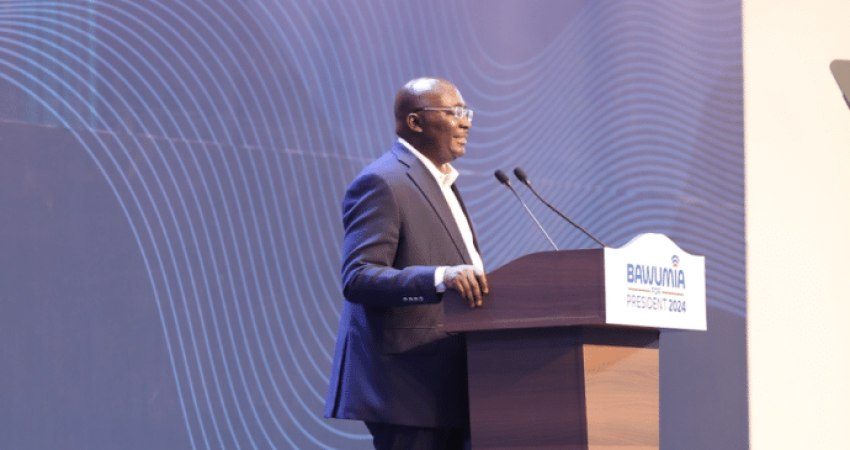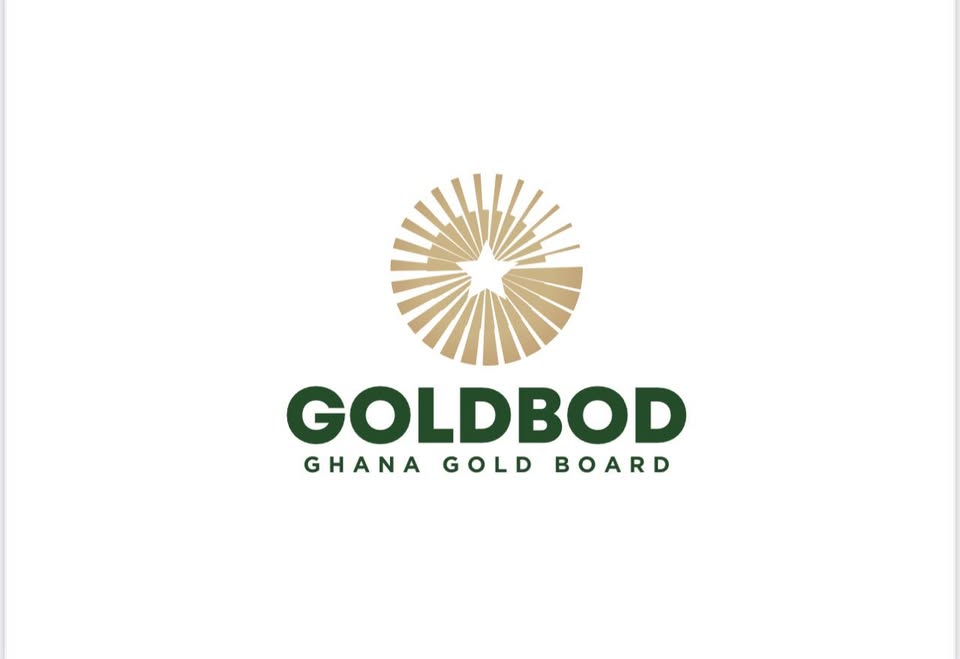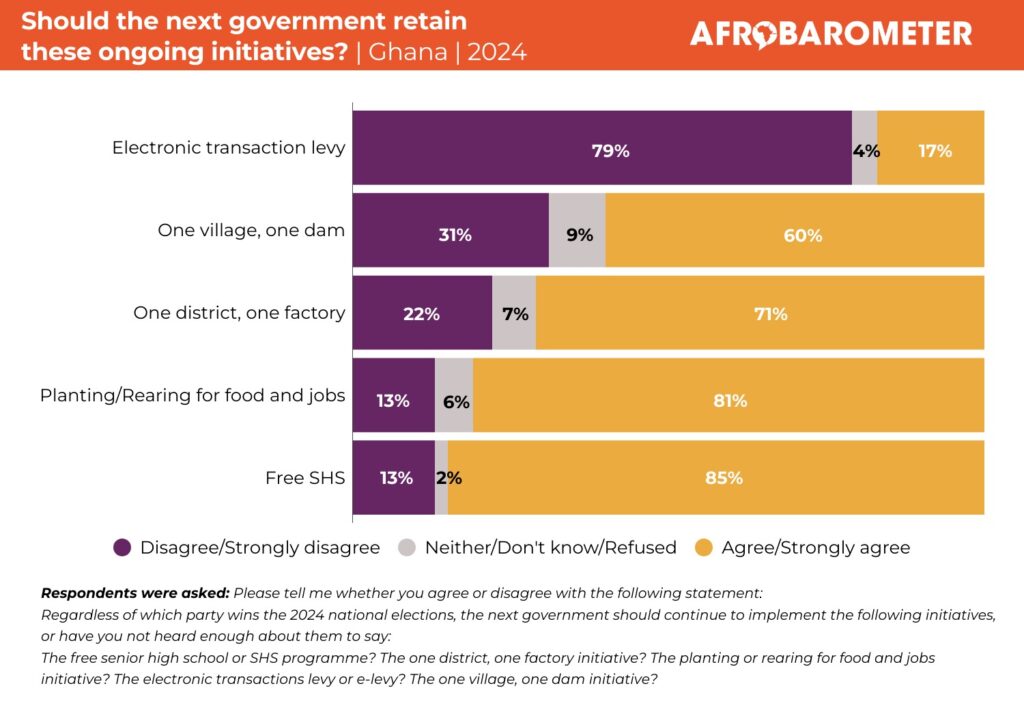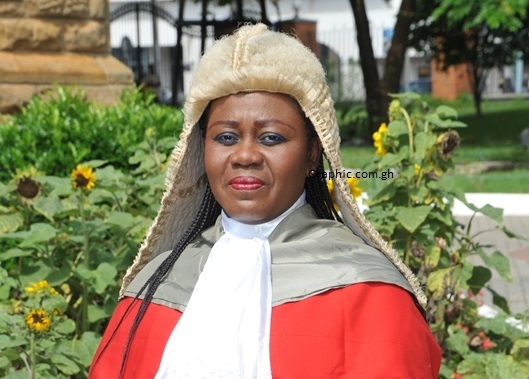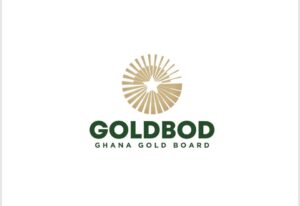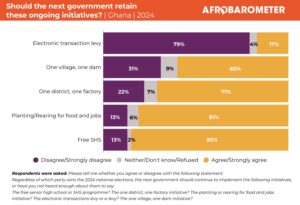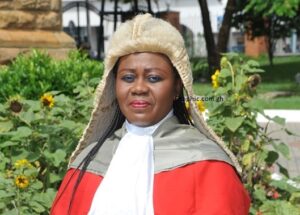“I believe the time has now come for me to speak to you, the good people of Ghana, about my candidature, what we have experienced as a nation, my vision, and priorities, and why I believe I am the best candidate for the presidency of this country in the 2024 Presidential election,” the Vice-President and NPP Presidential Candidate for the upcoming 2024 elections said as he began to deliver a long-awaited address to the people of Ghana.
I have read the speech, all seventy-three pages. In my op-ed piece this past Tuesday titled Dr. Bawumia’s Upcoming Speech, I had four key expectations – a) acknowledging the pinch points Ghanaians feel under this administration; b) reconciling the 2016 economic management arguments for an Akufo-Addo/Bawumia government with current economic realities; c) avoiding extreme partisanship; and d) being measured in campaign promises.
How well did the Vice-President address these expectations?
Evaluating The Speech
First, on the task of avoiding extreme partisanship, the speech struck the right partisan tone. I say this within the context of the 2016 elections and the various lectures, speeches, and rhetoric of the Vice-President on the campaign trail. Back then, the primary audience always seemed to be NPP partisans. One could argue that the messages resonated with enough people beyond the party base, resulting in the defeat of former President Mahama. As a political observer, I was intrigued by the sharpening of his partisan rhetoric when I compared the 2008 Dr. Bawumia to the 2016 Dr. Bawumia. This speech, in my opinion, was aimed at Ghanaians of all persuasions. As to whether Ghanaians of all persuasions will be persuaded is a question the election will answer.
Second, did the speech acknowledge the economic pinch points Ghanaians have felt? Yes! Dr. Bawumia noted the “increased food prices, exchange rate depreciation, rising fuel prices, rising transportation fares, and the consequences of the debt restructuring on individual net worth”. That is the reality of many Ghanaians, a reality some are yet to fully recover from. To have overlooked it would have simply been a sign of insensitivity on the part of the man seeking the highest office of the land and who recognized the pinch points back in 2016 in that famous “Ghanaians are suffering…” campaign stump speech.
Third, to reconcile the force of many arguments and assertions made in 2016 and the economic realities faced, I felt time had to be devoted in the speech to answer the question “what happened?” This is a question I have raised both privately and publicly. I am not entirely sure the speech adequately dealt with this in a very direct way. I expected a strong and full ownership of those arguments. I however acknowledge that the speech repeatedly referred to two global events – the Covid-19 pandemic and the Russian-Ukraine War, as the twin answers to the question “what happened?” I do not dispute the disruptive nature of these two events on the global economy and the devastating effects they had on countries. I am just not sure it explains fully the Ghanaian reality. I believe that argument has lost some of the force it may have wielded two or three years ago.
Fourth, political campaigns are generally characterized by promises. Sometimes candidates go into overdrive and make too many promises to voters. That is why I expected the speech to be measured in the quantum of promises to the Ghanaian people. In reading the speech, I could not help but wonder if the Vice-President was not “over-promising.” The Vice-President himself is fully aware of this sentiment because he stated the following – “I know that many of us might be tempted to say we have heard many bright and even brave ideas before, and that will be true.” Precisely! Ghanaians have indeed heard a lot in the past and what fuels the skepticism is the fact that some promises of politicians never materialize.
But perhaps what I characterize as “overpromising” is the optimism of the Vice-President and the framing of the campaign with the slogan “It Is Possible.”
Part Two Reflections
I will return to the speech with additional reflections in my next op-ed piece. In the meantime, I would like to conclude with this quote from the Vice-President-
“In conclusion, the choice Ghanaians face in 2024 is between Vice-President Bawumia and former President Mahama. It is fundamentally a choice between the future and the past. We have to ask ourselves a number of questions in making that choice,” the Vice-President then proceeded to list several questions contrasting the choice he believes Ghanaians face come December 2024.
This is how the Vice-President frames the choice Ghanaians face in this election. Is this how Ghanaians see the choice? Time will tell.
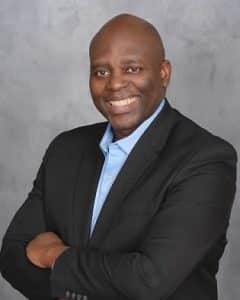 John Osae-Kwapong (PhD) is a Democracy and Development (D&D) Fellow at CDD-Ghana.
John Osae-Kwapong (PhD) is a Democracy and Development (D&D) Fellow at CDD-Ghana.
Featured photo credit: Myjoyonline.com


